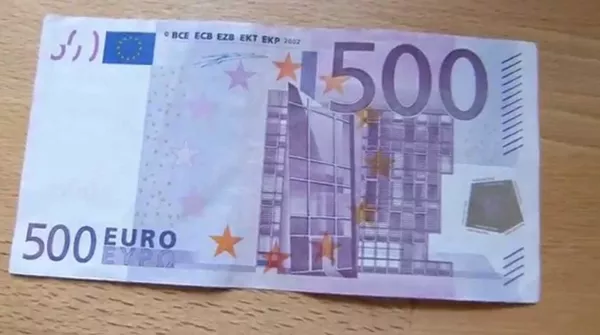The European Central Bank (ECB) announced its seventh rate hike, and the smallest one. Investment banking experts pointed out that although the central bank may continue to raise interest rates in the near future, the most radical monetary policy tightening cycle since the birth of the euro has entered the final stage.
The European Central Bank’s monetary policy decision on Thursday underscored that weak credit growth indicated that rate hikes were being passed through deeply to the real economy. And these effects may materialize sooner and more dramatically than anticipated.
Although many institutional investors have accurately predicted that the European Central Bank will reduce the rate hike from the previous 50 basis points to 25 basis points, and the central bank also made it clear that it will stop the bond purchase program (APP) in July. However, after the announcement of the above monetary policy decision, the EUR/USD exchange rate still responded with a significant decline.
Michael Hayes, chief economist of HQ Trust Company in Germany, believes that despite the current economic and financial market risks, the European Central Bank’s 25 basis point interest rate hike is a reasonable interest rate move. Prices in the services sector are expected to rise sharply due to increased pressure on wage costs, the expert said. The ECB is still on track to raise rates further in June.
Fund company QC partner Thomas Altman also said that the inflation rate in the euro zone is still too high actually ruled out the possibility of the European Central Bank suspending or even ending interest rate hikes at the interest rate meeting held in June.
Carsten Brzeski, head of macro research at ING, said the ECB has entered the final phase of its current tightening cycle. In the current very complex macro environment – continued turmoil in the banking sector, slowing growth and uncertainty about the lagged impact of previous rate hikes, with inflation still high – the ECB will proceed more cautiously, with interest rate peaks likely to be higher than in Europe The central bank is currently expected to be reached sooner.
European Central Bank President Christine Lagarde said in response to a reporter’s question on Thursday that board members agreed that inflation was still too high and interest rates needed to be raised. Some of them support a 50 basis point rate hike. The European Central Bank may still continue to raise interest rates in the future and will accelerate the reduction of its balance sheet starting in July, but it does not want to make a binding commitment yet.
Ulrich Kater, chief economist at Deka Bank, said the ECB is nearing the end of its rate hikes and expects one or two more rate hikes. Jörg Krämer, chief economist at Commerzbank, also expects rate hikes in the euro zone to end in the summer. And that ultimately wasn’t enough to bring inflation down to 2% permanently.
The ECB statement on Thursday said there remained significant upside risks to the inflation outlook. With corporate profit margins still high, the recently negotiated wage agreement increases the risk of inflation rising in the medium term. At the same time, renewed tension in financial markets and a marked tightening of bank lending could also lead to a faster-than-expected decline in inflation over the medium term.
The turmoil in the banking industry is considered one of the reasons why the ECB ended its rate hike cycle earlier. When talking about the potential risk that the turmoil in the U.S. banking industry may spread to the euro zone, Lagarde emphasized that there are great differences between European and American banks in terms of size, business model, and especially regulation. The banking sector in the euro area is better capitalized and more resilient. However, affected by the continued turmoil in banks in the United States, the European Stoxx Bank Index fell by about 6% in the past week, and set a new low in more than a month on Thursday.
Westpac shares fell more than 40% intraday on Thursday after news that a sale of Westpac Banking Corp was under discussion. “This is further evidence that the U.S. banking crisis is not over yet, regional banks are still struggling, and the only suspense is the next Whose turn will it be?”
John Reid, chief market strategist at the World Gold Council (WGC), said gold’s continued challenge to record highs reflected greater uncertainty in the financial system. The U.S. had to step in to rescue a third regional bank this week, and many investors were worried about the global banking system, which ignited investor demand for gold as a “safe haven.”



























